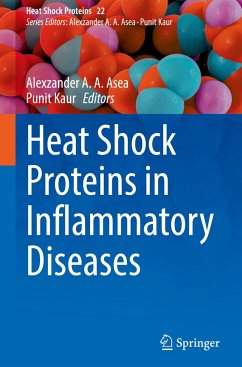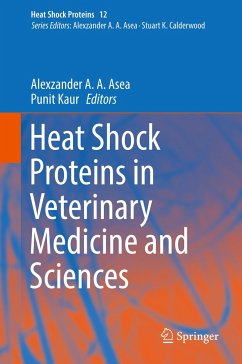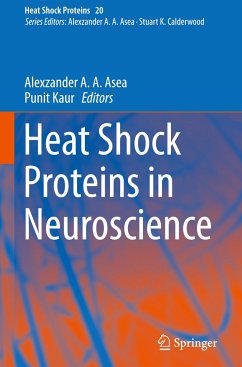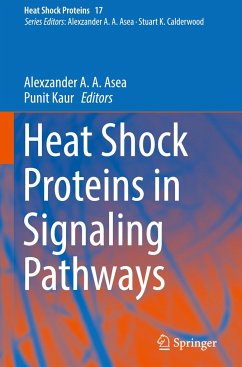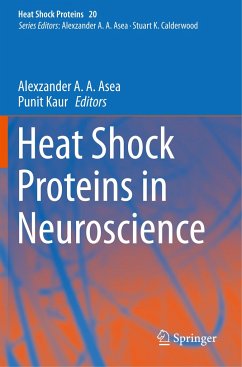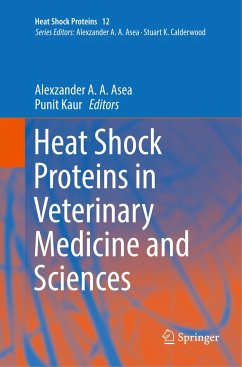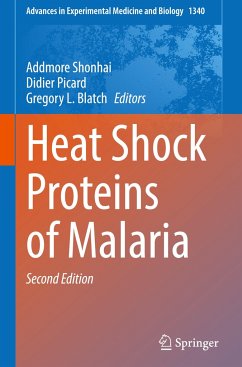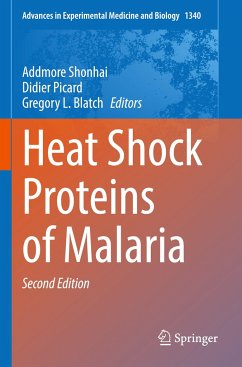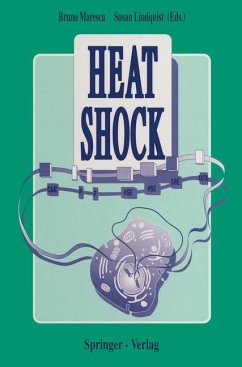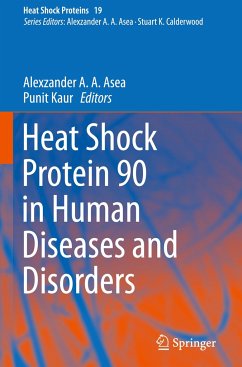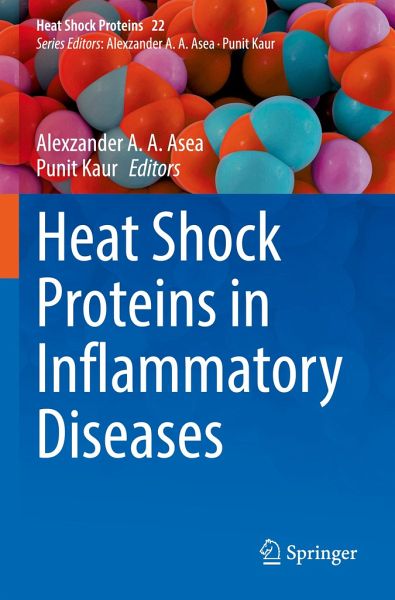
Heat Shock Proteins in Inflammatory Diseases
Versandkostenfrei!
Versandfertig in 6-10 Tagen
129,99 €
inkl. MwSt.

PAYBACK Punkte
65 °P sammeln!
The book Heat Shock Proteins in Inflammatory Diseases provides the most comprehensive highlight and insight of the expression, function and therapeutic activity of Heat Shock Proteins in inflammatory diseases including sepsis, psoriasis, neurodegenerative diseases, cancers, viral infection and autoimmune rheumatic diseases. Using an integrative approach, the contributors provide a synopsis of the most current updates on the state of HSP in inflammatory diseases.Key basic and clinical research laboratories from major universities, academic medical hospitals, biotechnology and pharmaceutical lab...
The book Heat Shock Proteins in Inflammatory Diseases provides the most comprehensive highlight and insight of the expression, function and therapeutic activity of Heat Shock Proteins in inflammatory diseases including sepsis, psoriasis, neurodegenerative diseases, cancers, viral infection and autoimmune rheumatic diseases. Using an integrative approach, the contributors provide a synopsis of the most current updates on the state of HSP in inflammatory diseases.
Key basic and clinical research laboratories from major universities, academic medical hospitals, biotechnology and pharmaceutical laboratories around the world have contributed chapters that review present research activity and importantly project the field into the future. The book is a must read for graduate students. medical students, basic science researchers and postdoctoral scholars in the fields of Cancer Biology, Oncology, Translational Medicine, Clinical Research, Biotechnology, Cell & Molecular Medicine, Pharmaceutical Scientists and Researchers involved in Drug Discovery.
Key basic and clinical research laboratories from major universities, academic medical hospitals, biotechnology and pharmaceutical laboratories around the world have contributed chapters that review present research activity and importantly project the field into the future. The book is a must read for graduate students. medical students, basic science researchers and postdoctoral scholars in the fields of Cancer Biology, Oncology, Translational Medicine, Clinical Research, Biotechnology, Cell & Molecular Medicine, Pharmaceutical Scientists and Researchers involved in Drug Discovery.



